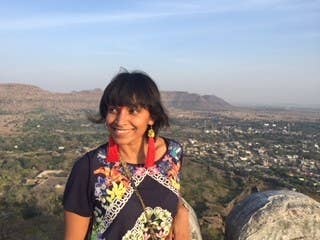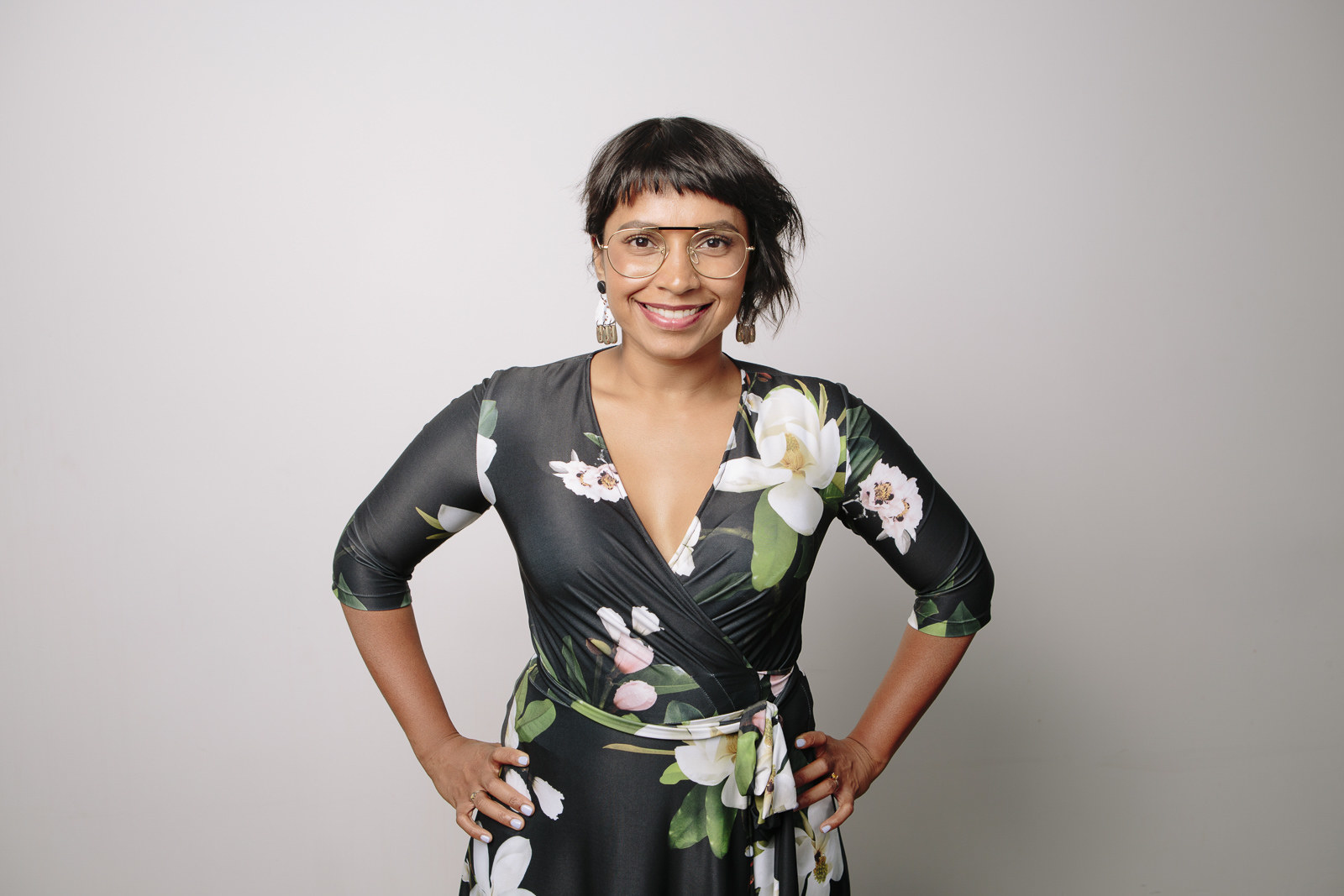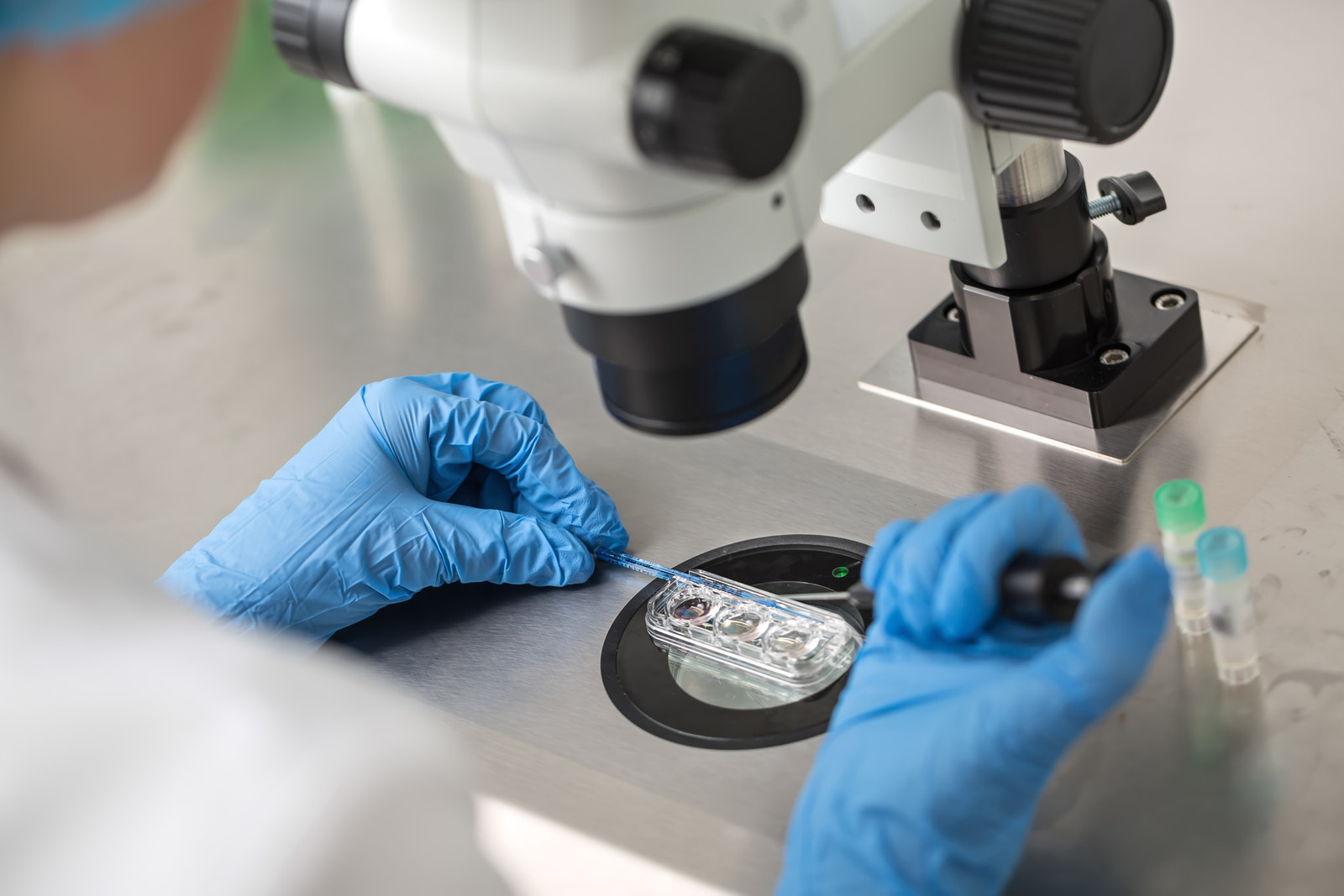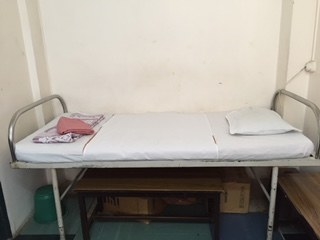Australian woman Nisha was on a trip studying public health in a rural village in India in 2015 when she had an abortion.

For two years she kept the termination a secret from her Buddhist parents who raised Nisha and her sister as "traditional Sri Lankan girls".
"They were very conservative and had a lot of trouble talking about sex," the 31-year-old told BuzzFeed News.
"Their worst case scenario was that I would get pregnant before marriage."
So when the nation's largest provider of pregnancy termination services, Marie Stopes Australia, put out a call late last year for people to explain why they valued reproductive rights, Nisha decided it was time to tell her story. Even to her parents.
"My reason for wanting to share my story was that from discourse growing up, the media, television and film, even my academic learnings, I always thought I would be traumatised by having an abortion," she said.
"This was not the case for me at all. I had taken careful consideration of my circumstances and was at peace with my choice."

Nisha was at eight weeks gestation when she had a surgical abortion in a Mumbai private hospital for around A$500.
Nisha doesn't want anyone to find themselves in the situation she was in, but wants women to know that the procedure didn't leave her "a damaged woman".
"Having an abortion was not the worst thing that has ever happened to me," she said.
"In fact, it really put in place my reproductive priorities, and I knew that I did want to have kids, but I didn't want them then. I wasn't a broken woman, I wasn't the scourge of the earth."
Nisha and her partner came out of the process "so cemented" and were both "very clear, very early on" that they did not want to continue the pregnancy.
"We were solid but in an unstable place financially," she said. "I have always wanted to have kids but I loved my studies and didn't want to give that up."
Working as an embryologist in an IVF clinic influenced how Nisha felt about the abortion as she knew exactly what an embryo was.
"I've been part of the process of embryos being created, some make it but most don't," she said.
"They are potential lives but they are not the same as viable life. There's no pain, there's no consciousness."
Her professional background also made Nisha aware of how unprepared she was for motherhood.
"Seeing how much these potential embryos were wanted by the families going through IVF, and seeing that kind of desire and not feeling it myself ... I think every child should be a wanted child."

In December, on the day before she graduated from her master's degree, Nisha sat down with her partner's mother and her own parents to tell them about the 2015 abortion.
"They were shocked and didn't really ask many questions immediately," she said. "I knew this was an experience they would never want for me and it would have been difficult to hear."
Her partner's mother said she hoped her son was supportive at the time.
Nisha said eventually her mother opened up.
"She was really focused on moving forward and was respectful of our choice. I had felt nervous about their response but was grateful for it, and relieved by their support."
Nisha doesn't regret her decision to tell her family.
"Keeping this stuff a secret is poisonous because you're not being yourself around the people that care about you," she said.
"This shouldn't elicit disapproval because I don't think it needs to be this shameful thing. I've now joined the one in three Australian women who have a termination in their lifetime."
Nisha says her decision to have a termination isn't at odds with her Buddhist upbringing.

Buddhist precepts include refraining from destroying life, she said, but not all life was valued equally in Buddhism.
"A fertilised ovum is necessary for human life, [but] in my understanding ... does not sufficiently constitute a karmically advanced human life," she said.
Nisha says Buddhism does not enforce moral absolutes. She believes her intentions were "of compassionate action" even though it was a difficult decision.
"My partner had just moved to Australia, we were living in a share house and neither of us had a stable job at the time, and I was halfway through my master's.
"I reflected on my thoughts and feelings towards the blastocyst within my womb, my desire to have a child and also the potential service I would provide elsewhere if I were not to continue the pregnancy."
Nisha terminated her pregnancy overseas. The procedure is legal and reasonably accessible in her home state of Victoria, however she finds it "dumbfounding" the procedure is criminalised and less accessible in other Australian jurisdictions.
"I am shocked that it is still illegal in Queensland and New South Wales as I think it should be accessible for everyone," she said.
"Having it labelled as a crime is a massive deterrent and I wonder if [abortion] was decriminalised and the stigma was gone, whether it would be traumatising."
